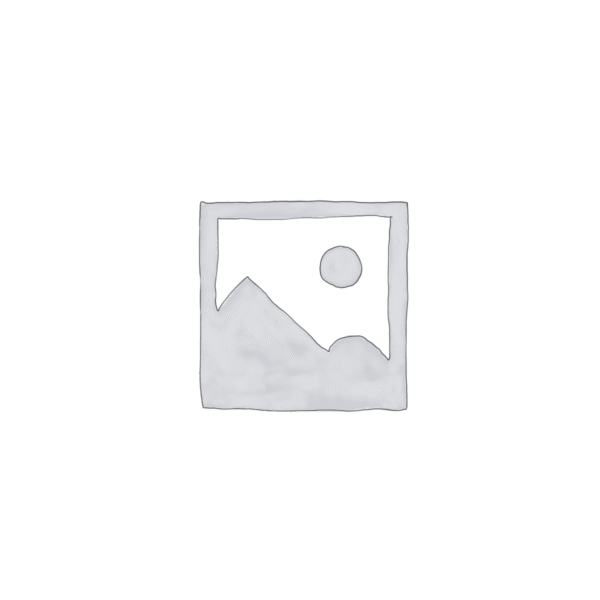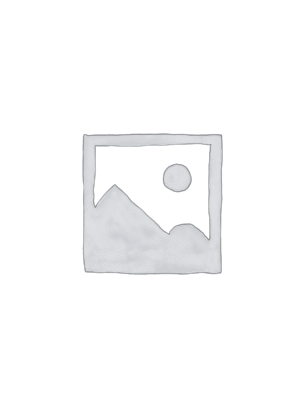
Lajwanti Seeds | Lajvanti Beej | Chui Mui | Mimosa Pudica
Lajwanti Herb, scientifically known as Mimosa pudica, is famously referred to as the Touch-Me-Not Plant due to its fascinating response to touch , its leaves fold inward and reopen after a short time. Native to South and Central America, this herb has long been used in Ayurvedic medicine for its wide range of therapeutic properties.
Pansari Originals Lajwanti Herb
Lajwanti Herb, also scientifically known as Mimosa pudica, is famously referred to as the Touch-Me-Not Plant. This is due to its fascinating response to touch. Its leaves fold inward and reopen after a short time. It is native to South and Central America. Nonetheless, this herb has long been used in Ayurvedic medicine for its wide range of therapeutic properties.
Lajwanti is also known for its nyctinastic movement (sleep movements). Its roots, leaves, and whole plant are used in traditional remedies for ailments ranging from skin disorders and digestive issues to asthma, ulcers, and gynecological concerns.
Key Benefits:
-
Respiratory and Asthma Relief
Traditionally used as an antiasthmatic and stimulant, it helps in managing bronchial asthma and chronic respiratory issues. -
Skin & Wound Care
The crushed whole plant is applied to treat itchiness, cuts, wounds, and other skin irritations due to its anti-inflammatory and antimicrobial properties. -
Digestive & Liver Support
The roots of this plant are known to aid in treating dysentery, jaundice, ulcers, and swelling, promoting a healthier digestive and hepatic system. -
Women’s Health
It issed in managing metropathy, leucoderma, and uterine tumors; and supports reproductive health. Moreover, it relieves menstrual discomfort. -
Pain & Inflammation Management
It is beneficial in rheumatoid arthritis, myodynia, and other inflammatory conditions as it acts as a natural analgesic. -
Eye and Rectal Disorders
The leaves are traditionally used for hydrocele, hemorrhoids, pinkeye, and fistulous withers, indicating its broad-spectrum healing abilities.
Other Names:
Mimosa Pudica, Varakranta, Namaskari, Lajubilata, Adamalati, Lajaka, Lajjavanti, Touch-Me-Not, Han xiu cao, Sensitive Plant, Shyness Grass, Mimose, Sensitive Commune, Schamhafte Sinnpflanze
Usage Tip:
-
Can be used as a powdered extract mixed with water or honey
-
Crushed leaves or paste can be applied externally on affected skin areas
-
Always consult with a qualified practitioner before internal use
Storage & Safety Information:
-
Store in a cool and dry place
-
Keep away from direct sunlight
-
Do not refrigerate
-
Reseal in an airtight container after opening
-
All herbal remedies should be taken under medical supervision only
| Weight | N/A |
|---|---|
| Quantity | 100g, 250g, 500g |



Reviews
There are no reviews yet.